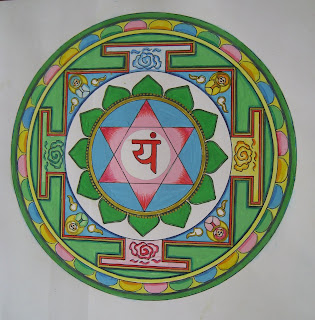Editors, rasa, and the art of writing
Bhakti Abhaya Ashram posted an article on editing the other day, How to Edit? Swamiji,formerly Babhru Das, has a background and training in English education on the college level, have been leading him to ponder this matter, and clearly the linguistic professionalization of Tripurari Maharaj's sangha is a result of his work. Since I do a fair bit of editing, I read it with interest. In my editing work, I have traditionally been pretty timid. That probably has something to do with the field I work in. I work very gingerly where scholars like Swami Veda Bharati and Satya Narayan Dasji are concerned. I prefer to take the approach of a student who is trying to understand, and then simply try to improve the English and improve the clarity. Being somewhat slow on the uptake, wider-ranging advice usually comes rather too late to be any good. But this work is in translation and commentary, scholarly and scripturally based writing, which has a bias to the conservative. It is not




